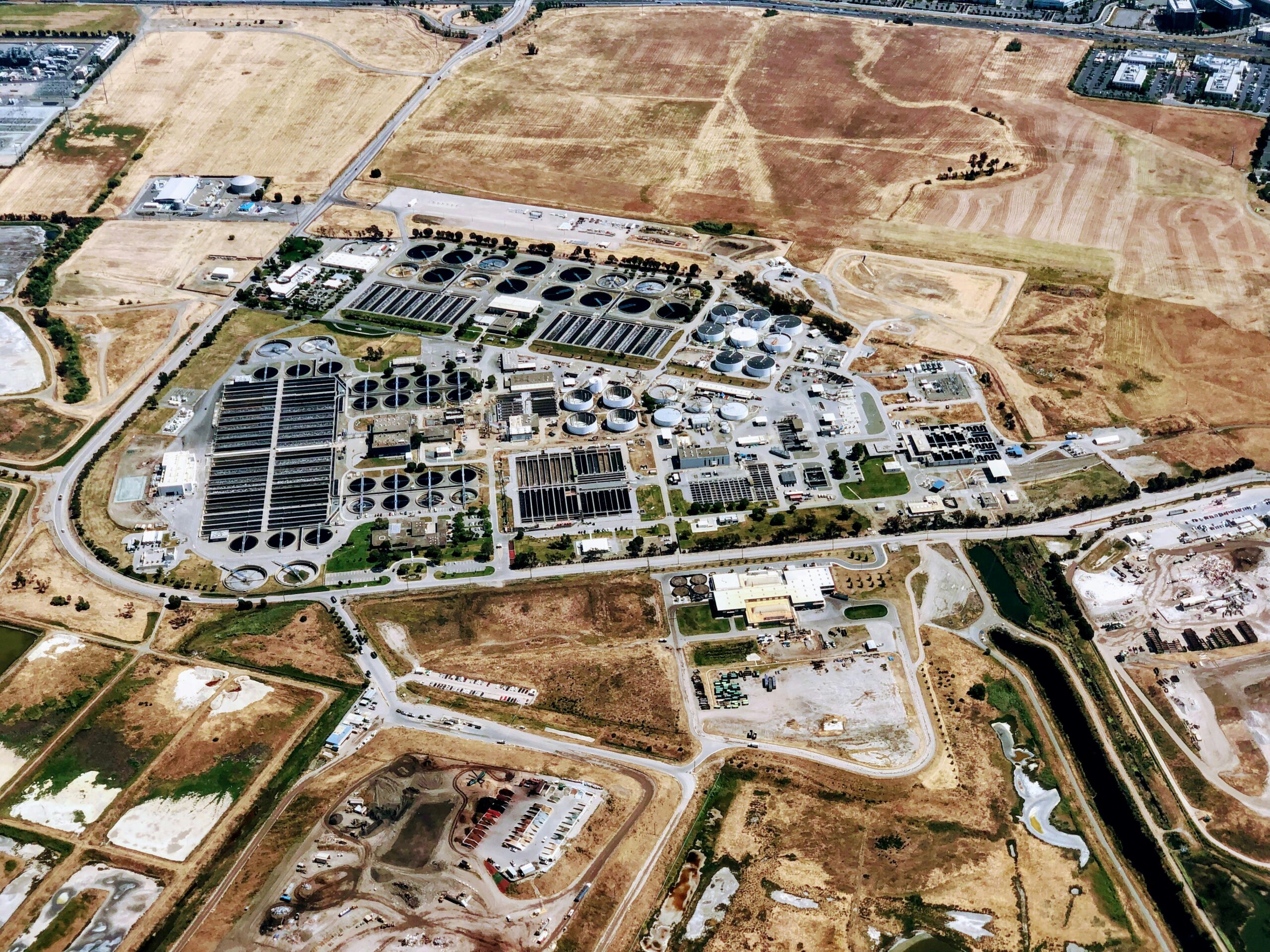Did you inherit a project on life support?
You are the “go to” manager with a long track record for success. Your reputation often proceeds itself as “the one” to tackle the most important challenges in your division. In truth – you are on the fast track. There has been a lot that has gone into your ascension through the ranks – countless overtime hours, advanced training, and painful lessons learned. In most cases, this is a welcome situation to be in; until you get the call to take over that dreaded project everyone else has been unsuccessful at delivering. For one reason or another, those managers who preceded you have failed to get results. It is said that insanity is defined as ”doing the same things over and over and expecting different results”. If the project simply hasn’t responded to the standard company processes perhaps it’s time to try something new. There are a few common characteristics for these kinds of stalled projects:
- Executives have changed the focus so many times, no one knows what success looks like any more
- The team has lost direction
- The project schedule is not a management tool; it is an artifact no one uses
- There is no formal update or communication process
- The team tends to be focused on the past instead of the future
How Do We Address These Issues?
Executives do not approve projects with the goal of making them so complicated they fail to succeed. That said, on occasion projects tend to morph into something that the project team quickly doesn’t recognize. The well-intentioned team tries their very best to deliver the project, however, they do not know what success really is, let alone how to get there. The team mantra eventually becomes “everyone works more and works harder”. Executives require the “all hands on deck” approach cancelling vacations and forcing overtime. The frustration of missed deadlines often wears on the team’s confidence and before you know it, communication breaks down, and finger pointing begins. PMAlliance is regularly called upon to initiate “project interventions” with the goal of getting these troubled projects back on track. At the core of these engagements is a methodology that combines industry best practices, decades of lessons learned and proactive problem solving techniques into one integrated methodology – Duration-Driven® Planning and Control.
What is Duration-Driven Planning and Control?
Duration-Driven Planning and Control is a team-based methodology founded on the basic principle that in order to keep a team committed to a project schedule, they need to have input into building that schedule. Further, to more accurately reflect the fluctuation in their daily work schedule (various responsibilities, multiple projects, juggling priorities, etc.) they should plan their projects according to estimated durations instead of best-case effort approximations. This approach results in a network-based project schedule that more accurately reflects reality and is a higher quality work product. The methodology provides a clear set of guidelines, terminology and techniques to be used by the team during the project planning phase. Duration-Driven Methodology doesn’t stop with the development of a project plan; it extends into the critical importance of project control. The methodology addresses the entire project management lifecycle from initial stakeholder alignment, to schedule development, through the control process. Its comprehensive nature ensures participants gain value from project inception to close-out.
How will this methodology help me save my project?
Duration-Driven Planning and Control Methodology will help your struggling project by implementing a process to develop consensus around the executive sponsors’ expectations of the project. The project team then realigns their execution strategy based on the confirmed sponsor objectives. This alignment is done through developing a dynamic project schedule with inputs directly from the project team. This team-based planning approach helps to improve both team work and communication, while promoting a greater sense of accountability and commitment. The methodology explains how to institute a pro-active control process to uncover problems early so that optimum solutions can be implemented as opposed to the emergency response fire-fighting common to most organizations when problems are discovered at the last minute. Duration-Driven Planning and Control provides you with greater line of sight to your intended execution strategy, while promoting a less stressful team environment.
How can I acquire these skills?
Duration-Driven Planning and Control is delivered during a 2-day instructor-led event. Throughout the two-day event, practical challenges are posed, participants engage in various group exercises and students learn how they can adapt the general techniques taught in the class to the unique aspects of their projects. At the conclusion of our program, participants will be well equipped to participate in creating comprehensive project plans, implement disciplined processes for maintaining those plans, and utilize management reviews to ensure deliverables are completed in a timely manner.




